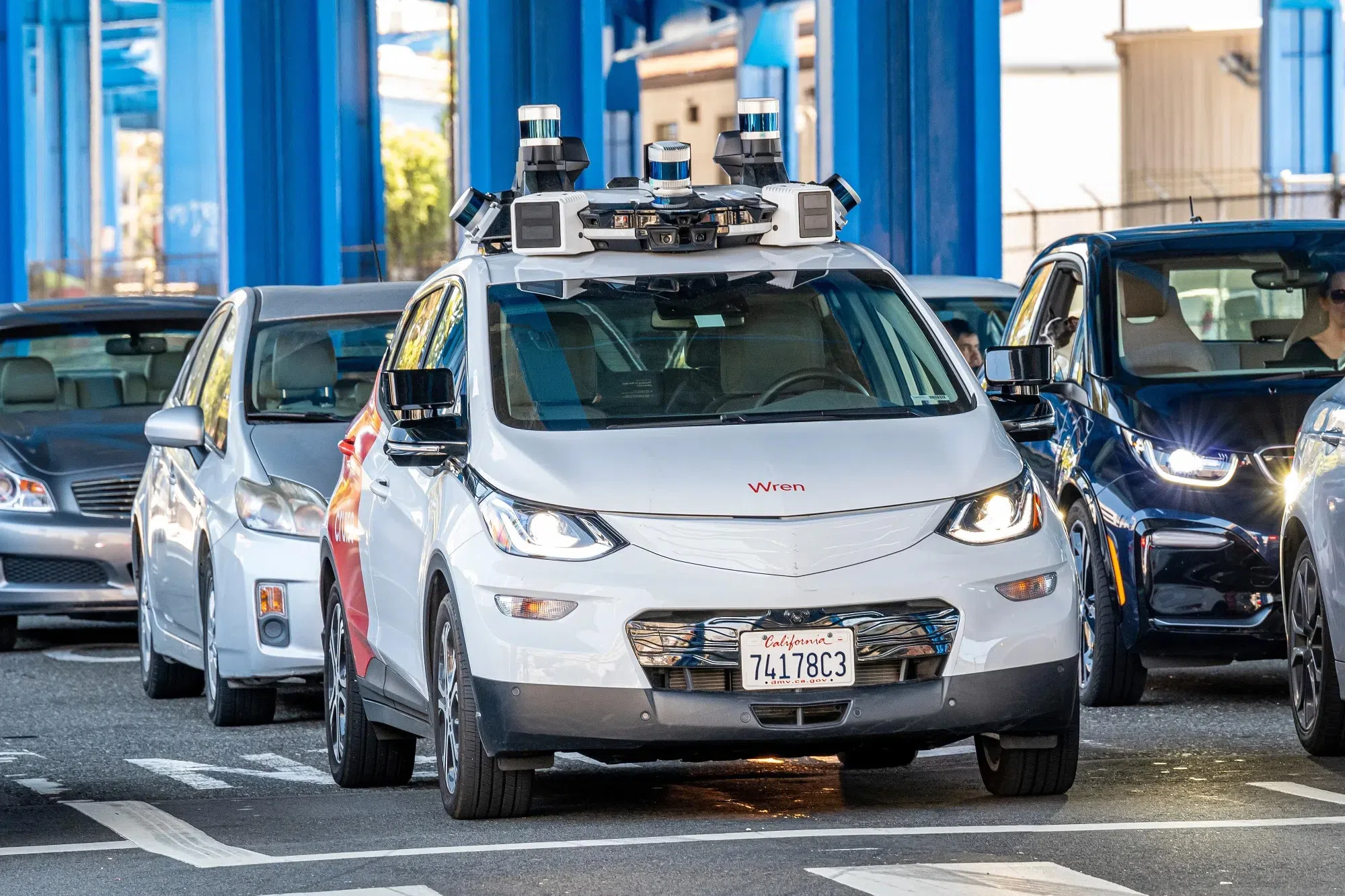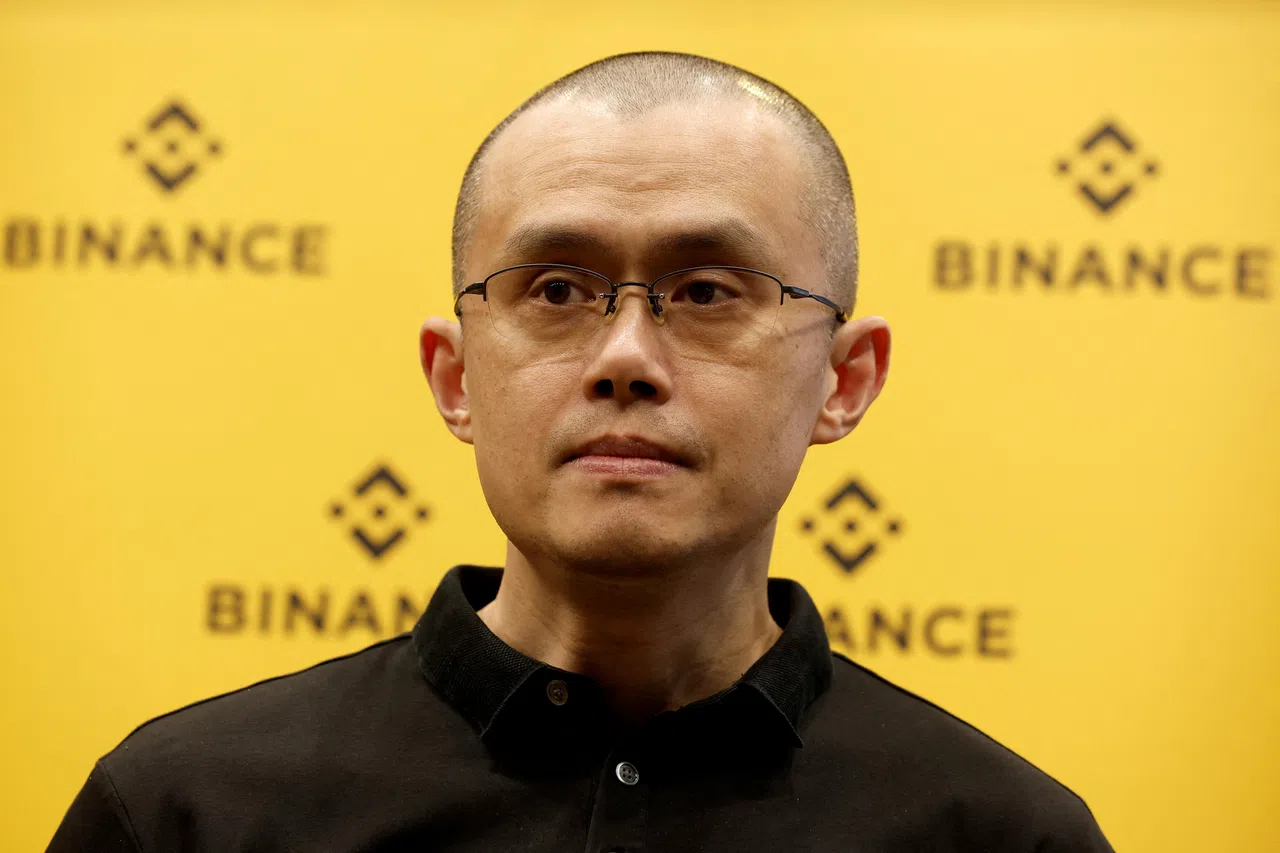MEMBERS of President-elect Donald Trump’s transition team have told advisers they plan to make a federal framework for fully self-driving vehicles one of the Transportation Department’s priorities, according to people familiar with the matter.
If new rules enable cars without human controls, it will directly benefit Elon Musk, the Tesla chief executive officer and Trump mega-donor who’s become a powerful fixture in the president-elect’s inner circle. He’s bet the future of the EV maker on self-driving technology and artificial intelligence.
Tesla shares traded up more than 8 per cent as of 4.15 am on Monday (Nov 18) in New York, before the start of regular trading. The stock has climbed 28 per cent since election day.
Current federal rules pose significant roadblocks for companies looking to deploy vehicles without steering wheels or foot pedals in large quantities, which Tesla plans to do. The Trump team is looking for policy leaders for the department to develop a framework to regulate self-driving vehicles, according to people familiar with the matter, who asked not to be named because they weren’t authorised to speak publicly.
While the Transportation Department can issue rules through the National Highway Traffic Safety Administration (NHTSA) that would make it easier to deploy autonomous vehicles, an act of Congress would clear the way for mass adoption of self-driving cars. A bipartisan legislative measure being discussed in early stages would create federal rules around AVs, two of the people said.
One candidate under consideration for Transportation secretary is Emil Michael, a former Uber Technologies executive who has spoken with Trump’s team and potential staffers, they said. The work is in its early stages and policy details have yet to be determined, they said.
BT in your inbox
Start and end each day with the latest news stories and analyses delivered straight to your inbox.
Republican Representatives Sam Graves of Missouri and Garret Graves of Louisiana have also been considered to lead the department, the people said.
The transition team did not respond to requests for comment.
Musk in October announced plans to produce large numbers of driverless Tesla robotaxis that lack driver controls starting in 2026. Current US regulations pose significant hurdles to Musk’s plans for a Tesla Cybercab model, including a cap limiting their deployment.
The CEO called for a federal approval process for autonomous vehicles during Tesla’s third-quarter earnings call, saying he’d use any role with the government to push for one.
Trump has since named Musk and entrepreneur Vivek Ramaswamy to lead a new Department of government Efficiency to “dismantle government bureaucracy” and slash spending and regulations deemed overly burdensome.
Past efforts to come up with federal legislation to regulate autonomous vehicles have stumbled.
NHTSA currently permits manufacturers to deploy 2,500 self-driving vehicles per year under a granted exemption, but legislative efforts to increase that number to as many as 100,000 have repeatedly failed.
A bill to do that sailed through the House several years ago during Trump’s first term, but the measure has been bogged down in the Senate. An attempt during the first year of the Biden administration to merge the bill with other legislation faltered when some manufacturers tried to include language that would prevent consumers from suing or forming class-action cases. BLOOMBERG







